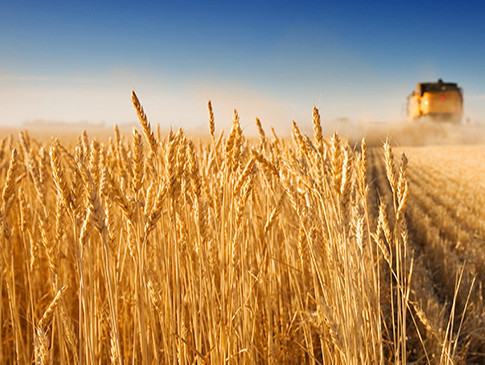We're currently searching through more than 4,000 articles, just a moment's patience...
We're currently searching through more than 4,000 articles, just a moment's patience...

Ancient wheat varieties are essential for developing new strains that are more resilient to climate change. A century ago, British plant scientist Arthur Watkins collected wheat samples from around the world. His collection has proven to be a genetic treasure.
Thanks to the old collection, new strains are emerging. Wheat is one of the most cultivated crops globally, providing over twenty percent of our daily calories. Climate change threatens future wheat yields, while the world population continues to grow.
The wheat we consume today originates from wild varieties in the Middle East. These original strains were adapted to grow faster and yield more. Plants with traits considered useless were ignored and not maintained. This loss is now becoming evident.
The Watkins collection has preserved ancient wheat seeds. New wheat plants are being developed that can better withstand heavy rainfall and drought. The British John Innes Centre collaborates with the Indian Punjab Agricultural University on this initiative.
"Watkins’ crucial insight was recognizing that genes, then considered useless, could be valuable in the future," said Simon Griffiths, a geneticist on the project. "His thinking was ahead of his time. We are grateful for his foresight."
Source: ChangeInc
Source: ©Depositphotos.com/stevemc
Vakblad Voedingsindustrie is a project of b2b Communications BV.
© COPYRIGHT 2025 VOEDINGSINDUSTRIE | ALLE RECHTEN VOORBEHOUDEN
Powered by Wallbrink Crossmedia © 2025
Een abonnement kost € 80,- exclusief 9% BTW per jaar.

We work in accordance with the privacy legislation. After your registration you will receive an e-mail with a confirmation link. Only after you have clicked on this link will you be registered as a recipient of the newsletter. If you can't find the e-mail in your inbox, please also look at unsolicited e-mail.


Lorem ipsum dolor sit amet, consectetuer adipiscing elit. Aenean commodo ligula eget dolor. Aenean massa. Cum sociis natoque penatibus et magnis dis parturient montes, nascetur ridiculus mus. Donec quam felis, ultricies nec





